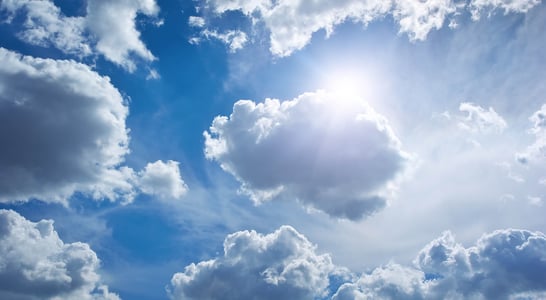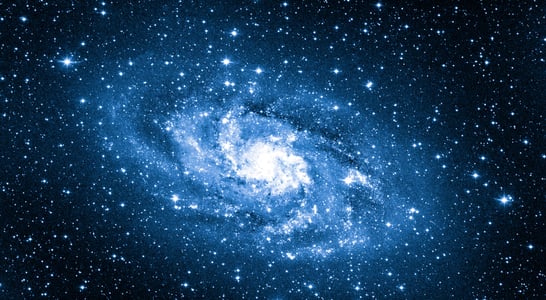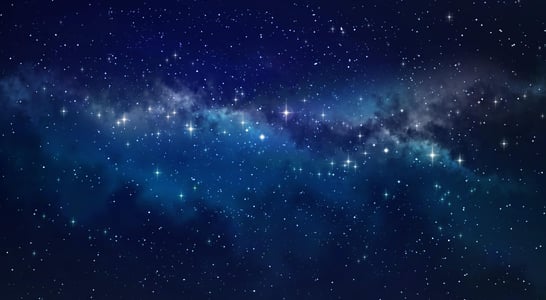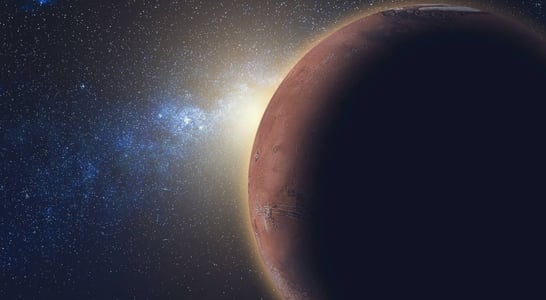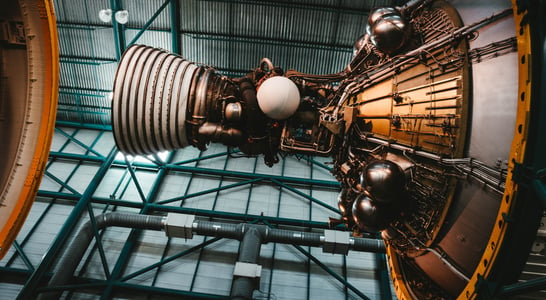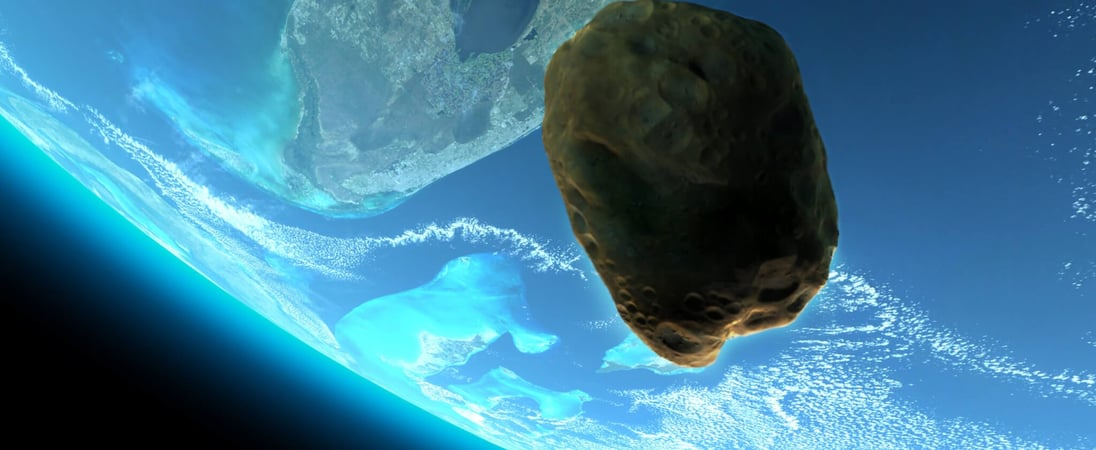
National Near Miss Day
It's amazing how our planet dodges a bullet (or meteor!) sometimes. The close calls of asteroids and meteors show us the incredible power of nature.
National Near Miss Day commemorates the day when a large asteroid missed the Earth by a mere 500,000 miles – a very near miss indeed!
What would you do if an asteroid was about to hit the Earth – how would you spend your last hours, and would you even want to know?
How to Celebrate National Near Miss Day
Enjoy the fun of National Near Miss Day by showing appreciation for the fact that the planet is still here and intact! Celebrate the day with some of these activities and ideas:
Learn More About Asteroids and Space
One superb way to observe National Near Miss Day might be to do a bit of brushing up on some scientific facts about asteroids and space rocks. Grab that science book off the shelf or do some internet research about the topic.
Here are some interesting bits of information about asteroids to get started:
-
Until the middle of the 19th century, asteroids were considered to be planets. Even with the largest telescopes available at the time, large asteroids appeared like stars but they were eventually classified as asteroids – meaning “star-shaped”.
-
Dinosaurs lost their lives to asteroids. One of the most plausible theories about the extinction of dinosaurs is that they were killed by an asteroid that was ten kilometers wide.
-
Asteroids can become moons. Many scientists believe that some of the moons of several of the planets in our solar system started out as asteroids that were pulled into the planet’s gravity.
Make a National Near Miss Day Playlist
One fun way to celebrate any day is with music! National Near Miss Day offers the opportunity to choose some songs about near misses and space, and make them into a themed soundtrack for the day. Consider adding some of these songs to the list:
- Asteroid Blues by John the Shaman (2019)
- Space Oddity by David Bowie (1969)
- Calling Occupants of Interplanetary Craft by The Carpenters (1976)
- Astronomy Domine by Pink Floyd (1967)
History of National Near Miss Day
Those who were living on planet Earth in the 1980s may remember an important day that could have been an extreme disaster!
On March 23, 1989, an asteroid that was around 300 meters wide was headed on a course in the direction of planet Earth. The asteroid, named 4581 Asclepius, was about 6 hours away from striking the planet, coming within 450,000 miles or so.
While that may still seem rather far away, in terms of asteroids traveling near planets, it is very close indeed.
An interesting fact about this asteroid is that it wasn’t even discovered that the asteroid came this close until nine days later, on March 31, when American scientists Henry E. Holt and Norman G. Thomas learned about it.
But perhaps it is better that no one knew in advance, or there may have been panic incited similar to what occurred a decade later when Y2K happened!
Because of its late discovery, National Near Miss Day wasn’t even observed until after the fact, when the future of the human race was already in the clear.
As it turns out, NASA reports that other asteroids and meteoroids have also come somewhat near to the planet, but none of them with a true capacity to create havoc or devastation.
National Near Miss Day FAQs
How did the 1989 near-miss asteroid get its name?
The asteroid 4581 Asclepius is named after the Greek god of medicine, Asclepius. Astronomers often name celestial bodies after mythological figures.
Asclepius, known for his healing powers, symbolizes the asteroid’s harmless passage by Earth.
Are there any other notable near-miss events in history?
Yes, the Tunguska event in 1908 involved a large meteoroid exploding over Siberia, flattening about 80 million trees over 2,000 square kilometers.
This event is considered a significant near miss for populated areas.
How do scientists detect and track near-Earth objects today?
Scientists use advanced telescopes and radar systems to monitor near-Earth objects. Programs like NASA’s Near-Earth Object Observations (NEOO) track and catalog these objects to assess potential threats.
What would have happened if 4581 Asclepius had collided with Earth?
If 4581 Asclepius had hit Earth, it would have released energy comparable to a 600-megaton atomic bomb, causing catastrophic damage.
Are there any cultural references to near-miss asteroids in popular media?
Yes, films like “Armageddon” and “Deep Impact” depict scenarios where asteroids threaten Earth, reflecting public fascination with such events.
How do different countries prepare for potential asteroid impacts?
Countries collaborate through organizations like the United Nations’ Committee on the Peaceful Uses of Outer Space to develop strategies for asteroid impact prevention and mitigation.
Are there any myths or misconceptions about asteroid near misses?
A common misconception is that all asteroids are detected well in advance. In reality, some near-Earth objects are discovered only after they have passed by.
How has the 1989 near-miss influenced space research?
The 1989 event spurred increased funding and interest in tracking near-Earth objects, leading to the development of dedicated observation programs.
Are there any unique ways people celebrate Near Miss Day?
Some astronomy clubs host special events or public lectures on March 23 to educate people about asteroids and space safety.
What are some fun facts about asteroids?
Asteroids are remnants from the early solar system. Some have moons, and others contain valuable metals like platinum and gold.
Also on ...
View all holidaysNational Puppy Day
These furry friends wiggle their tails, give slobbery kisses, and play fetch until they drop. Who could resist?
National Chip and Dip Day
Combining crispy bites with a variety of flavorful dips, this dynamic duo creates a satisfying snack experience that's perfect for sharing.
World Meteorological Day
Unraveling the mysteries of weather's patterns, and predicting its whims — a thrilling exploration of our natural world.
World Bear Day
Advocating for the preservation of wild habitats to protect these magnificent creatures and the delicate balance of nature they represent.
We think you may also like...
International Astronomy Day
Visit a museum or planetarium, chart the stars, or see how many constellations you can find to celebrate the vast and wonderful beauty of space and astronomy.
Space Exploration Day
Organize a star gazing party, set off bottle rockets, watch a classic science fiction movie or just look up at the night sky on Space Exploration Day.


